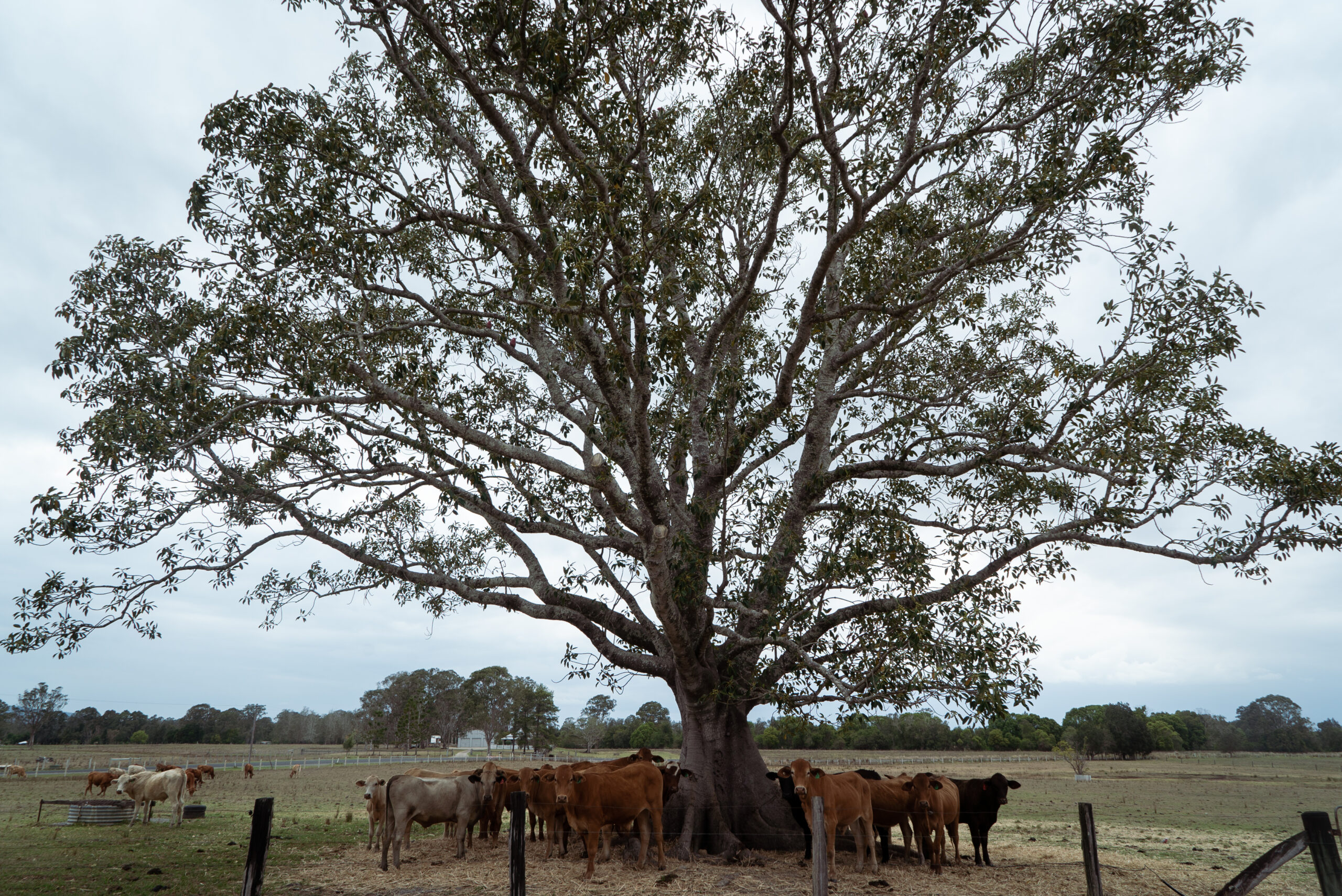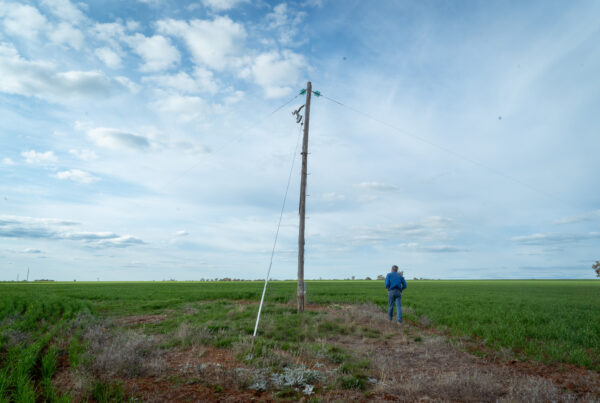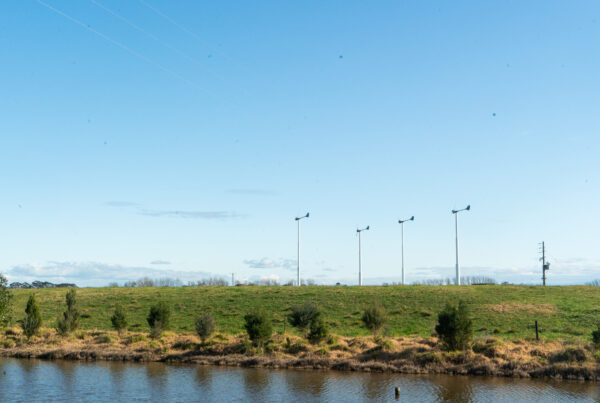27th of June 2024
Farmers for Climate Action (FCA) appreciates the opportunity to provide a submission on the Inquiry into Climate Resilience in Victoria. Climate change is already having significant impacts on farming communities and businesses across Victoria, with modelling predicting these impacts will increase as global temperatures continue to rise.
Representing over 8,200 farmers and backed by 45,000 supporters nationwide, Farmers for Climate Action recognises the importance of safeguarding the ability of farmers to produce food and fibre for the nation and export, while seeking the deep emissions reductions we need to meet Australia’s commitment to the 2030 targets. FCA is a movement of farmers, agricultural leaders and rural Australians working to influence Australia to adopt strong climate policies by growing the number of farmers, farming communities and elected representatives championing ambitious action.
A 2023 FCA survey found that 92% of farmers support the shift to renewable energy as a key part in any plan to make economy-wide deep emissions reductions. However, the implementation of renewable energy infrastructure projects has been hindered by a range of planning, legislative and consultation issues, and a lack of social licence amongst landholders.
We refer the committee to Farmers for Climate Action recent consultations, submissions and reports relevant to this Inquiry, including:
- FCA’s Fork in the Road Report which examines the negative effects of climate change on transport and supply chains.
- FCA’s response to the Victorian Legislative Assembly’s Environment and Planning Committee Inquiry on Securing Victoria’s Food Supply which highlights that planning for future infrastructure is critical to ensure the state’s growing needs can be met while safeguarding food production. Project development must be genuinely consultative with local communities, and farmers to address changing needs and impacts.
Based on the terms of reference provided, FCA highlights three key areas of concern, which are addressed by this submission:
- Social licence – infrastructure upgrades, including energy transmission and distribution upgrades, will not be possible without gaining community social licence, particularly in regional areas.
- Land-use and project planning – uncertainty in land use and project planning is undermining community confidence and social licence in renewables and transmission projects.
- Regulatory – energy regulation in states, territories and federally has not kept pace with technological developments, effectively locking some stakeholders out of potential opportunities.
Social licence
Without community support, it will be more difficult, costly, and in some cases, impossible to build the infrastructure that we need to move away from fossil fuels and build climate resilience in Victoria’s energy systems. The 2023 Government Community Engagement Review, led by Andrew Dyer, the former Australian Energy Infrastructure Commissioner (AEIC) investigated issues of social licence. FCA strongly supports the nine recommendations made, particularly: providing better data to identify the best sites for projects in the outset; avoiding changes in route and/or scope that require undertaking additional consultation with affected communities; improved planning processes to identify preferred and no-go zones for development; development of a ratings scheme for energy generation and transmission developers; selecting developers to prospect and develop specific projects in a specific area; and improving community benefit sharing.
The May Federal Budget announced measures to implement some of these recommendations, which is a step in the right direction. However, building and maintaining social licence in the long term will require an ongoing effort by states, territories and the federal government, working together with coordination and additional funding. It is imperative that Victoria invests in better land use and project planning, alongside alleviating regulatory issues to ensure farms are able to incorporate renewable energy projects and build resilience into their operation and the grid.
Land Use and Project Planning Issues
Farmers have told us that they face a high degree of uncertainty around planning for renewables and transmission in their regions. The current proponent-led approach to project development has resulted in ad-hoc project proposals that often frequently change, take years to resolve, and may not maximise community or energy outcomes. Improving planning based on capacity and need would result in the development of infrastructure where it is needed and the type that farmers need. Better data and mapping is also required to ensure that transmission infrastructure planning can focus on the right locations in the first instance, rather than the proposed corridor changing over subsequent consultation periods.
Regulatory Issues
In many instances, regulation has not kept pace with technology developments in the energy space. Microgrid regulation means that some farmers are prohibited from transferring excess energy generated on one part of their farm title to another part of the farm held under a different title, or to neighbouring properties. This is preventing farmers from being able to get the most out of their systems and therefore impacting on the business case for farmers to invest in or expand their on-farm systems.
If you have any further questions or require further consultation, please do not hesitate to contact us at the details below.
Yours sincerely,
Natalie Collard
Email: [email protected]
Phone: 1800 491 633
Web: farmersforclimateaction.org.au
Post: 700 Swanston Street, Level 2 Melbourne Connect Coworking, Carlton, VIC, 3053






